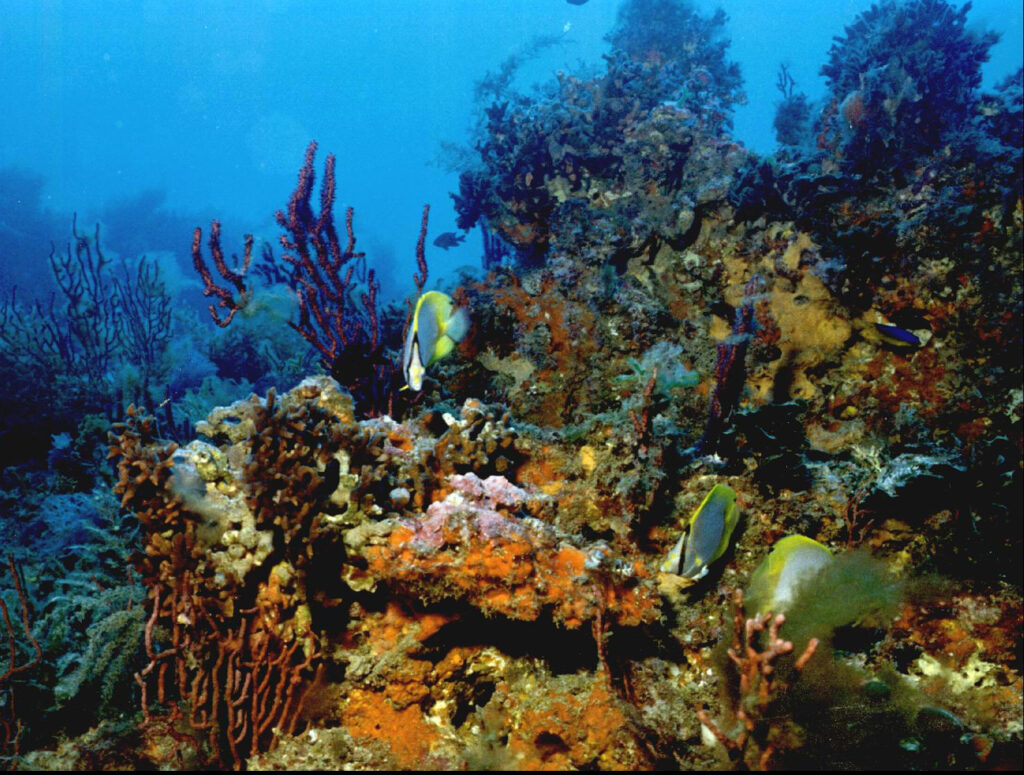Corals off the coast of Florida died in record numbers in 2010 as a result of cold temperatures, scientists at the University of Miami report in the peer-reviewed science journal PLoS One.
“It was a major setback,” Diego Lirman, associate professor at the University of Miami Rosenstiel School of Marine and Atmospheric Science, said in a University of Miami press release accompanying the study. “Centuries-old coral colonies were lost in a matter of days.”
The cold temperatures in early 2010 were deadlier than bleaching events caused by warm water conditions, the scientists found.
“The research team compared the mortality rates of corals from the cold event to warm-water events, such as the highly publicized bleaching event in 2005, and concluded that the cold-water event cause even more widespread morality than previous warm-water events,” the press release reported.
“The study found coral tissue mortality reached over 40-percent for several important reef-building species and that large colonies in shallow and near-shore reefs were hardest hit. This is in contrast to a less than one-percent tissue mortality caused by warm-water events since 2005. Coral species that had previously proven tolerant to higher-than-normal ocean temperatures were most affected by the cold-water event,” the press release explained.
“The 2010 cold-water anomaly not only caused widespread coral mortality but also reversed prior resistance and resilience patterns that will take decades to recover,” the authors reported in the study.





